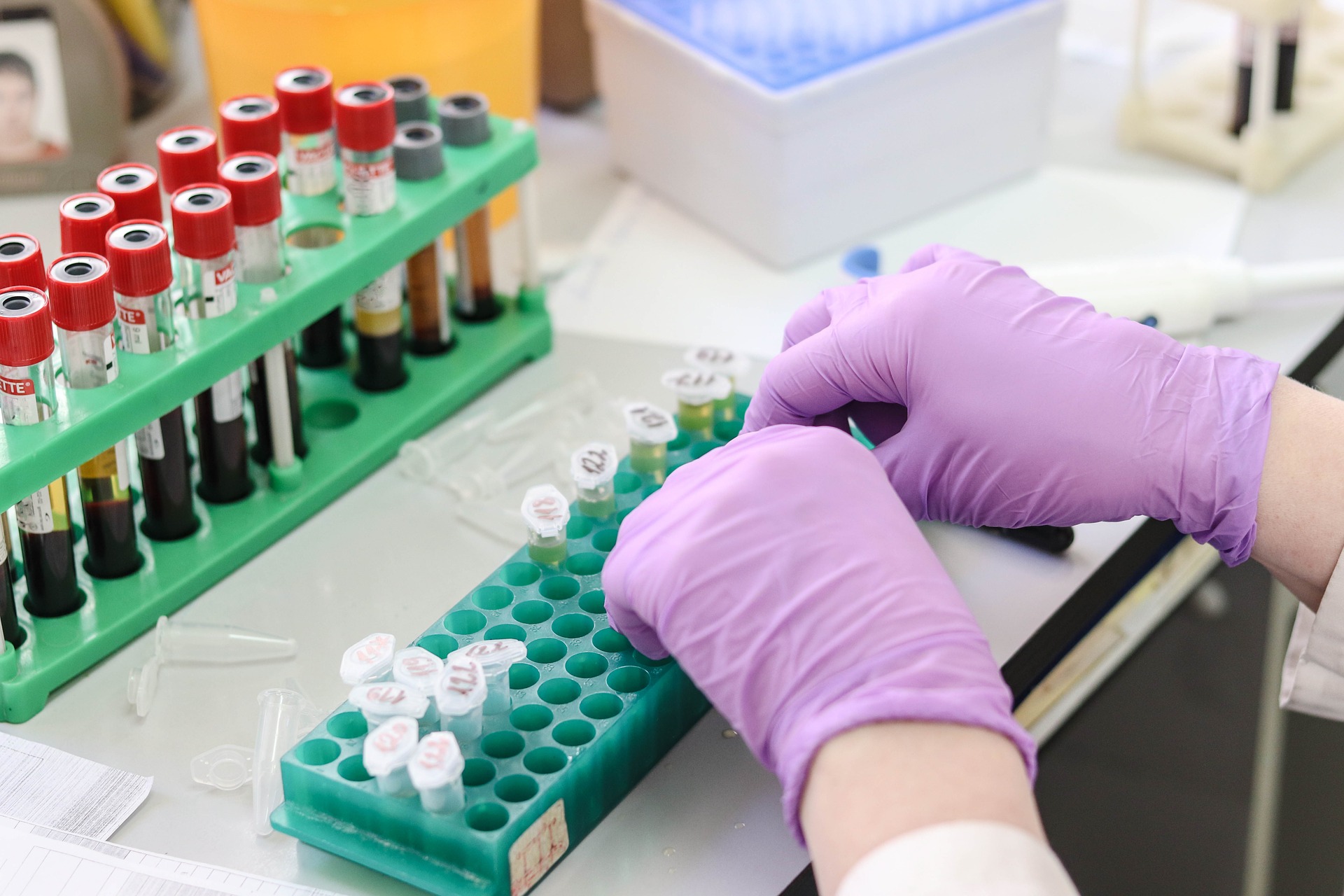
Data from the World Health Organization (WHO) has revealed that over one million new cases of four sexually transmitted diseases (STDs) are contracted every day.
The WHO found that one in every 25 people worldwide has at least one of these four STDs, namely chlamydia, gonorrhea, trichomoniasis or "trich" and syphilis.
Dr. Melanie Taylor, lead author of the report and medical epidemiologist at the WHO department of Reproductive Health and Research, said: "These infections indicate people are taking risks with their health, with their sexuality and with their reproductive health."
Taylor explained that the WHO found that there were over 376 million new cases of these STDs annually. Taylor emphasized that these were number of cases, not individuals, as a person can be infected with multiple STDs or can be re-infected within a year with one or more STDs.
While STDs are commonly transmitted via unprotected vaginal, anal and oral sex, some can be passed on through other means. Chlamydia, gonorrhea and syphilis can be passed from mother to child during pregnancy or childbirth while syphilis can be transmitted through contact with infected blood.
These infections, if left untreated, could cause serious health problems, including infertility in men and women, stillbirths, ectopic pregnancy and an increased risk of human immunodeficiency virus (HIV).
The WHO report indicated that while all of these infections can be treated with antibiotics, shortages in the supply of enzathine penicillin have made it more difficult to treat syphilis and antimicrobial resistance to gonorrhea treatment has also become a challenge.
Dr. Tim Jinks, head of the Drug Resistant Infection program at UK medical research charity Wellcome, pointed out: "These infections are treatable and curable with antibiotics but, unfortunately, most of these infections occur without symptoms and thus patients, people, don't realize they're having the infection, they don't realize they are at risk and they don't go in for testing and treatment and thus the opportunity to transmit the infection is quite high."






